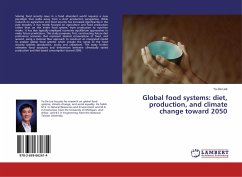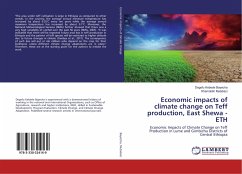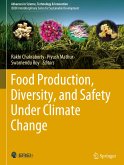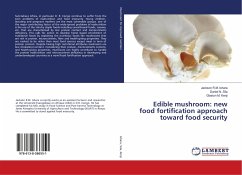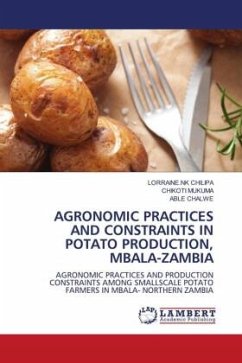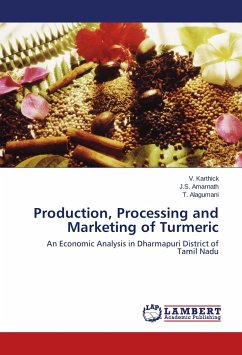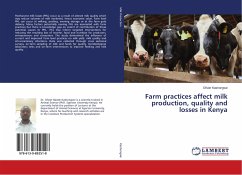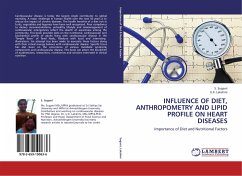Solving food security issue in a food abundant world requires a new paradigm that walks away from a strict production perspective. While research on agriculture and food security has increased significantly in the past decades, it has mostly focused on agriculture and food production rather than on the entire food system, from production to nutrition intake. It has also typically employed economic equilibrium approaches to make future predictions. This study proposes, first, constructing future diet preference scenarios that represent desired consumption of food, and second, using a material flow approach to construct an integrated model to analyze global food systems which include the range of the food security systems (production, access and utilization). The study further estimates food surpluses and deficiencies between climatically varied production and diet-based consumption toward 2050.
Bitte wählen Sie Ihr Anliegen aus.
Rechnungen
Retourenschein anfordern
Bestellstatus
Storno

